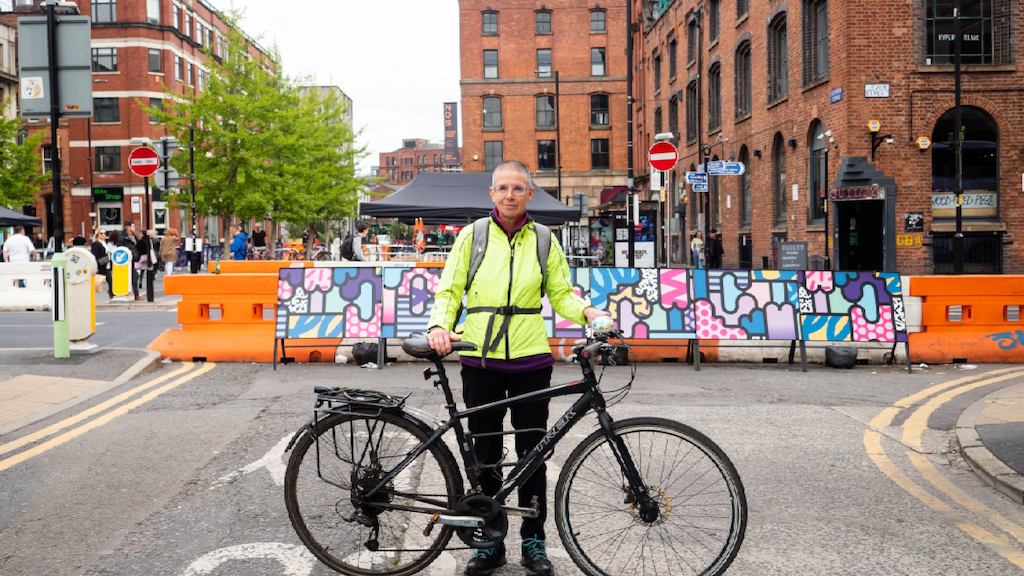To help with the toll COVID-19 has taken on these communities’ mental health, ODL offers a befriending and telefriending service, as well as regular face-to-face get togethers. We also have three dementia services for people who are diagnosed with dementia and one for their carers. As the restrictions in the UK are lifted, we’re looking forward to organising more in-person events like walks, film screenings, lunch and film club and picnics.
Another issue is that research shows that older LGBTQ+ people often lack family support and rely more than their heterosexual peers on the support of social care professionals. Supported by Dr Michael Brady – the Government’s LGBT Health Advisor – and endorsed by Care England and promoted by Skills for Care, the Pride in Care ® quality standard is awarded by ODL to organisations assessed as providing quality care and support to older LGBTQ+ people.
The standard is attained through a short, step-by-step process, including a staff survey and policy review, supported by ongoing consultancy advice from specialist LGBTQ+ quality advisors. At present, 20 organisations are undergoing assessment. ODL training, based on the lived experience of our members, makes clear that there are differences in the lives of older LGBTQ+ people that need to be understood and appreciated in order to provide effective person-centred care.
These sometime marginalised and vulnerable communities, who may have experienced a hostile climate with little support from family, community, or statutory services, should not be forgotten or overlooked. That is why Opening Doors London is here, to support LGBTQ+ people aged over 50 to live full, vibrant and respected lives, free from isolation, loneliness, discrimination and prejudice.
You can get to know more about our services on our website and follow us on social media (Twitter).
The views and opinions expressed in this guest blog are those of the authors. They do not necessarily reflect the policy or positions of the Centre for Ageing Better.

